Just some 50km from Mumbai, on the old Mumbai – Goa Highway lies a little piece of heaven, the Karnala Bird Sanctuary. Notified in 1968, it has thankfully grown from some 4.45 sq km to some 12 sq km now.
For some of us, the ever growing concrete all around can become suffocating and a quick break is very much needed. Being so close to Mumbai, the Karnala Bird Sanctuary is one such place. The sanctuary is made of the beautiful forests on the hill around the Karnala Fort, which is at an altitude of some 445 meters above sea level.
They say the fort was built before 1400 AD in the rule of the Devagiri Yadava Dynasty. Over a period of time the Karnala Fort changed hands from the Devagiri Yadavas to the Tughlaq rulers, then from Gujarat Sultanat to Nizam Shah of Ahmednagar and back to Gujarat Sultanat with the help of the Portugese, who later handed it back to Nizam Shah for an annual lease. Thereafter, it was conquered by Shivaji, the great Maratha ruler, in around 1670. After his death, the Karnala Fort was taken over by Aurangzeb. By 1740 or so, the Peshwas of Pune took over the fort. It remained with them until the British conquered it in 1818. I wonder in all these years what kind of structural and design changes the fort must have undergone, with such diverse people ruling it. I am sure if I dig hard enough in the old libraries, there must be some paintings and references to the Karnala Fort somewhere.
To visit the Karnala Fort, there is a walk uphill, pretty much like a dirt path which one can follow. It is not a difficult walk up (I can’t really call it a trek), but it can be tedious. Imagine climbing almost 400 meters, in a very steep vertical elevation. Because of its proximity to Mumbai, the Karnala Bird Sanctuary attracts many people, so you are never alone in the path. There is another trail, one not very well marked which goes up to the fort. We haven’t tried that one yet. It is a more difficult and less used one.
The Sanctuary itself has rich bird life, home to over 220 bird species. It also houses Leopards, Wild Boar, Barking Deer, Jungle Cat, Indian Hare, Common Grey Mongoose, grey Langoors etc. On our trek we did not focus on the wildlife hence unfortunately no pictures.
Best time to visit, like most destinations in this part of India, is between October to March, when the weather is slightly cooler. Summers are very hot for such a trek and monsoons makes the trek very slippery, and of course you cant take pictures. Monsoons however continue to be a popular time in Maharashtra for trekking.
Visitors are not allowed for over night stay. There is a canteen inside the sanctuary, near the main entrance gate. You can get local snacks like Vada Pao, Pohe, Tea etc.
All in all, a great place to visit for a walk, nature, bird watching, and generally to unwind.
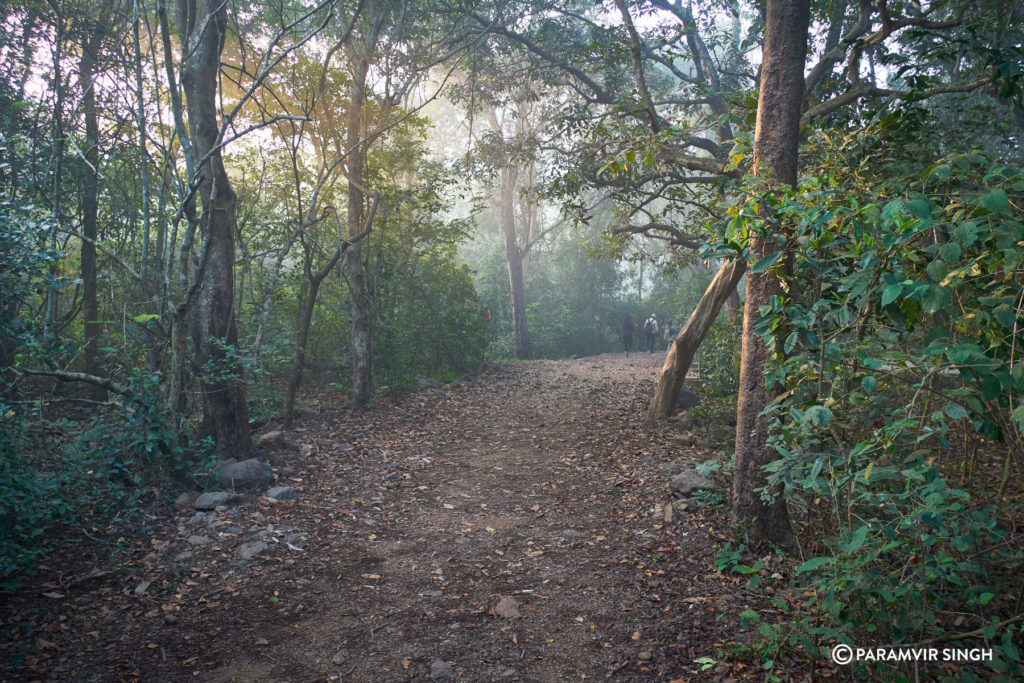
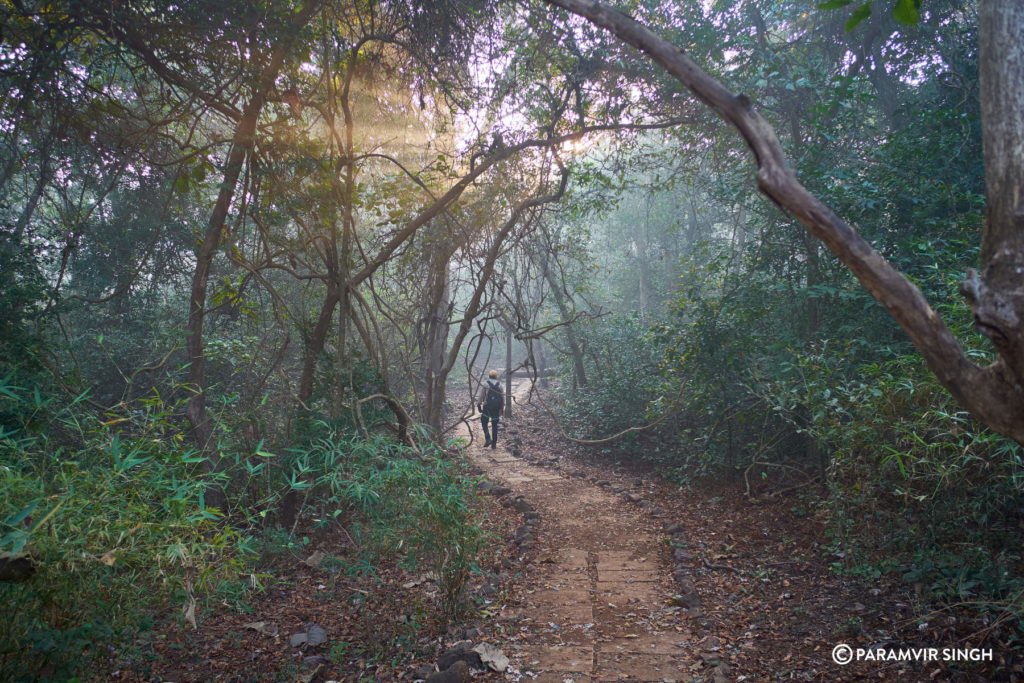
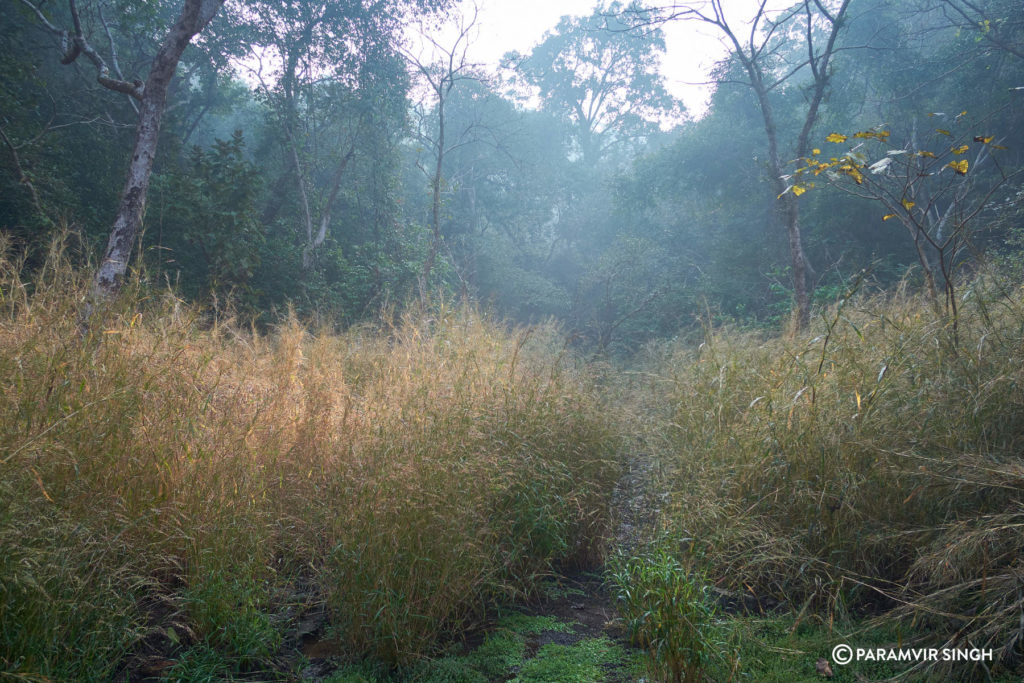
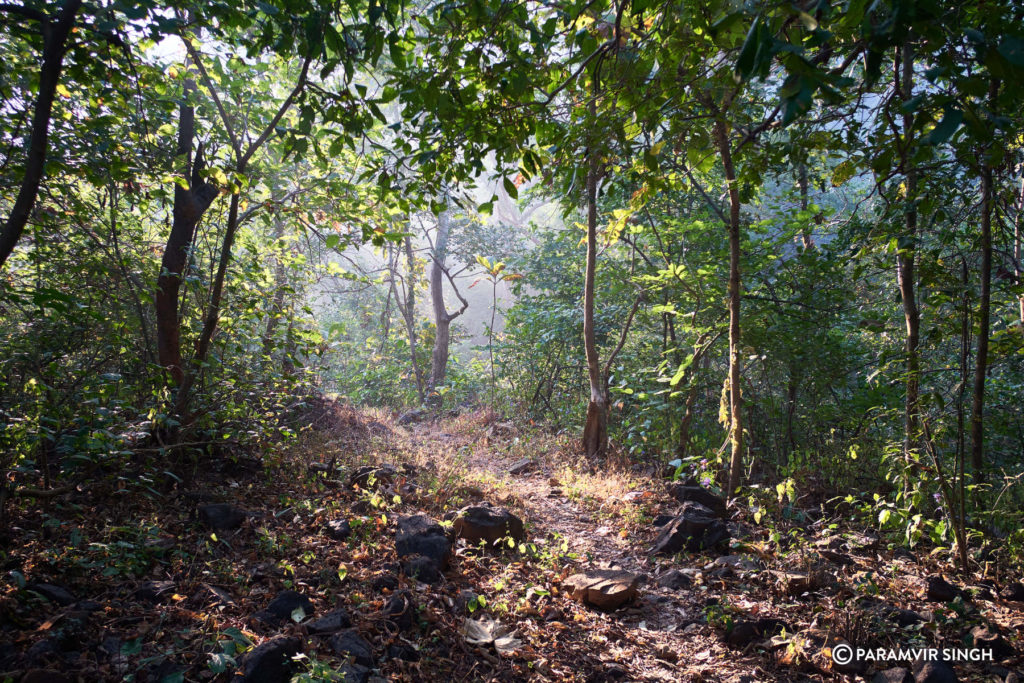
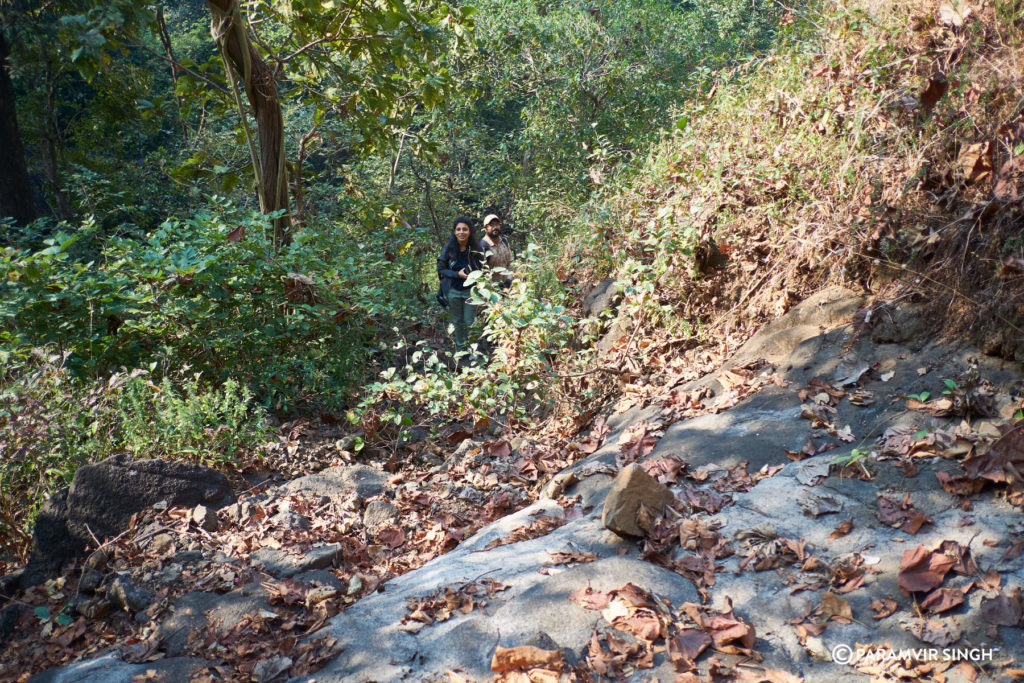
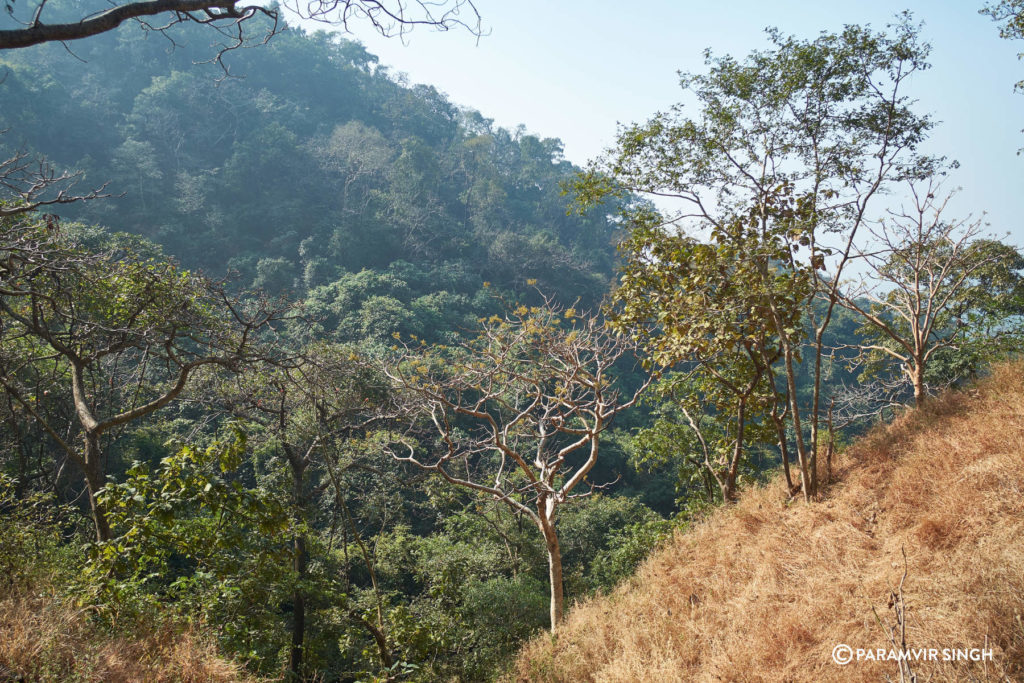
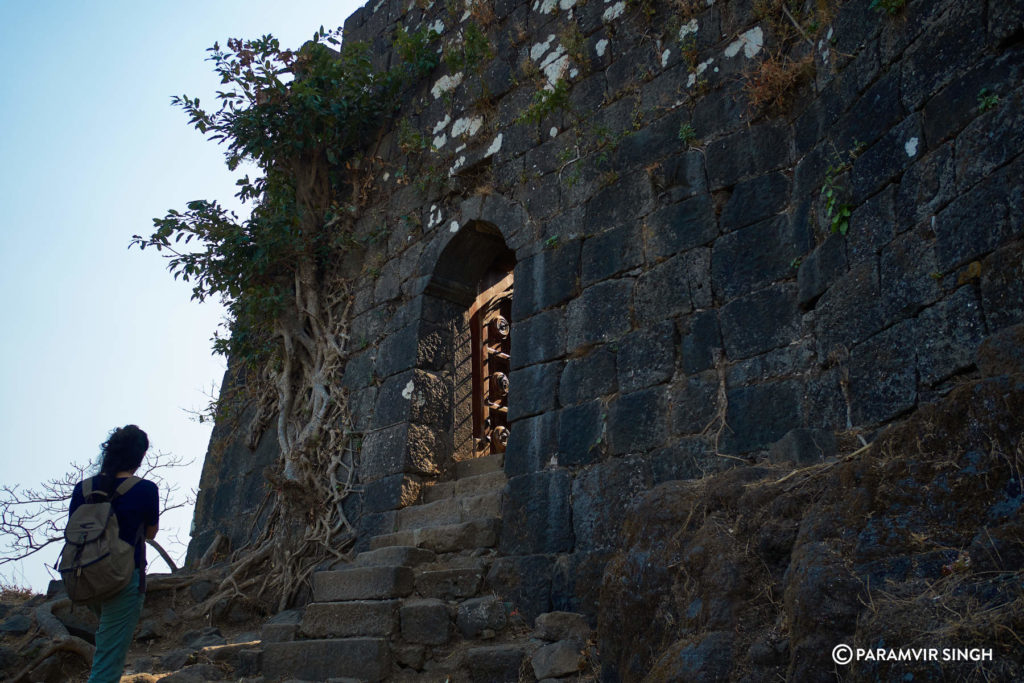
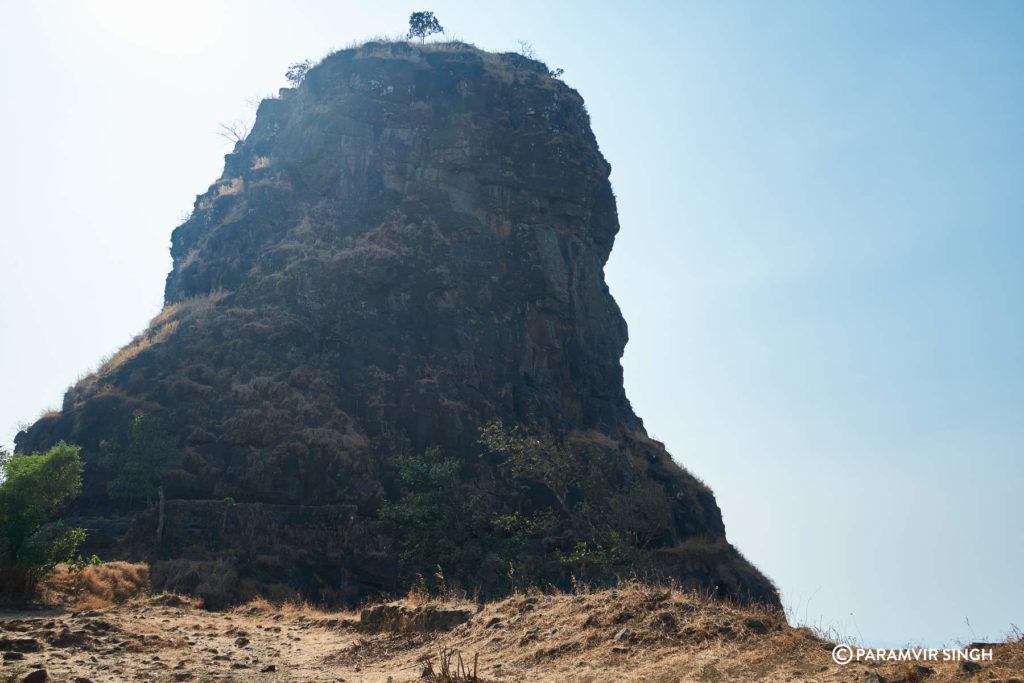
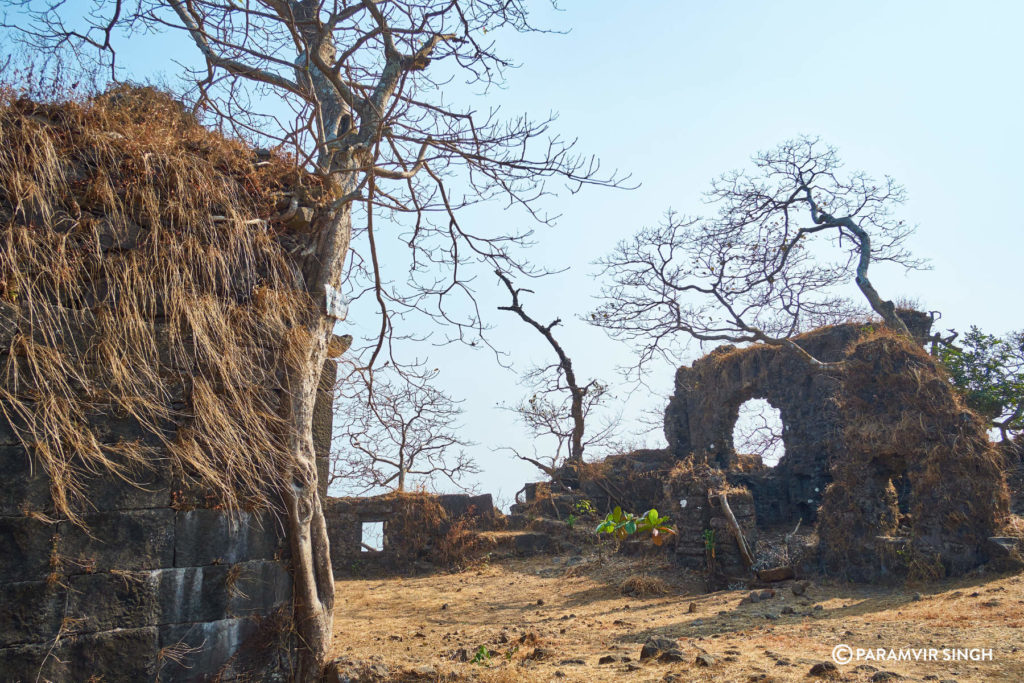
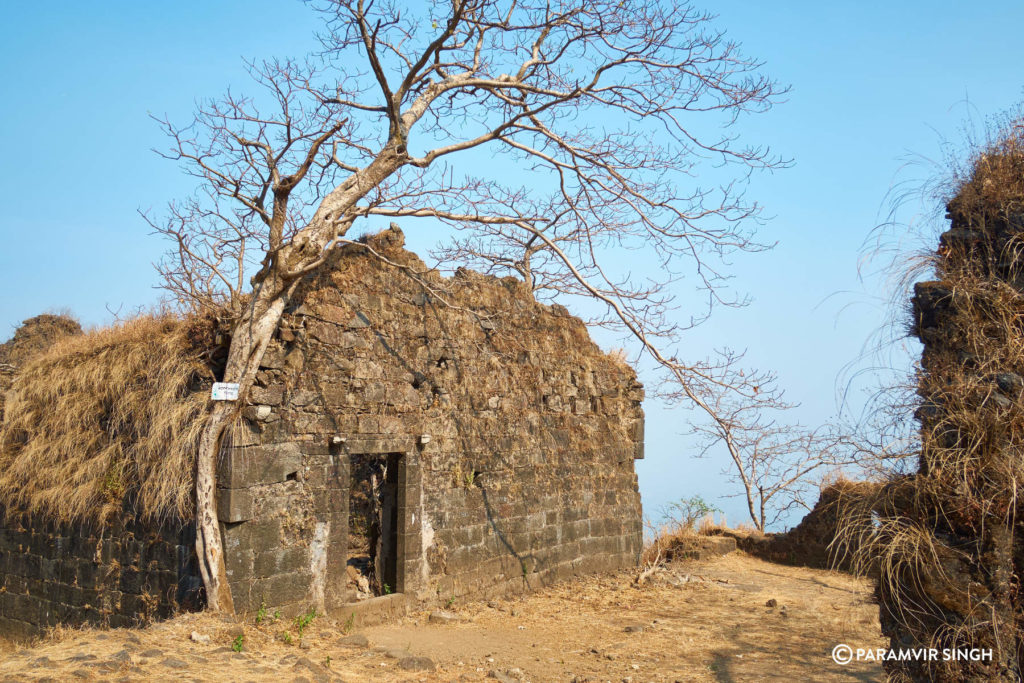
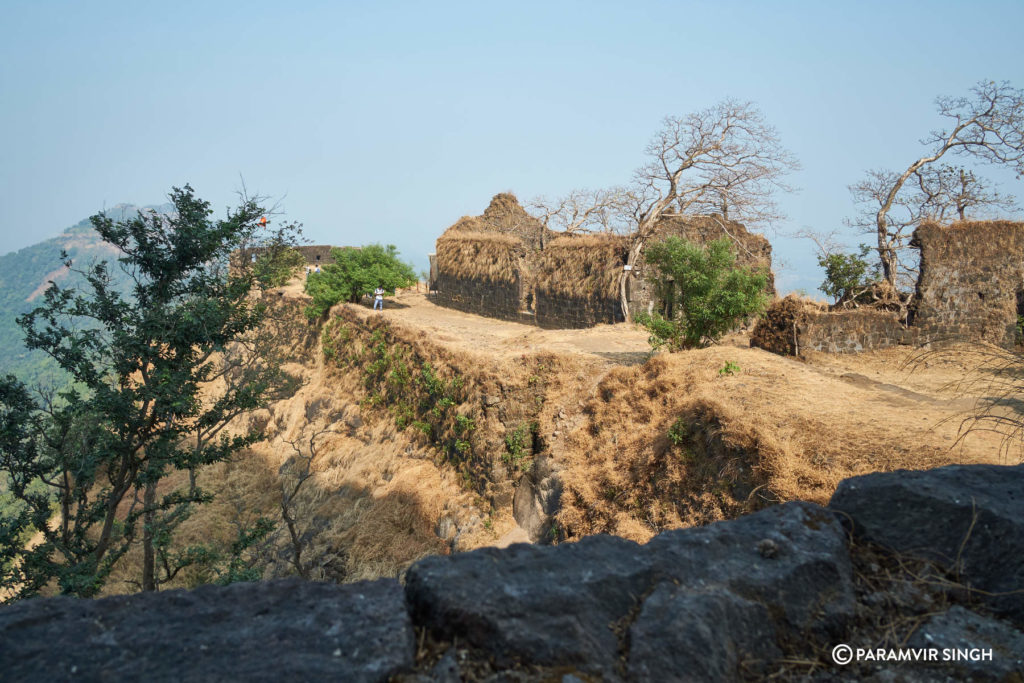
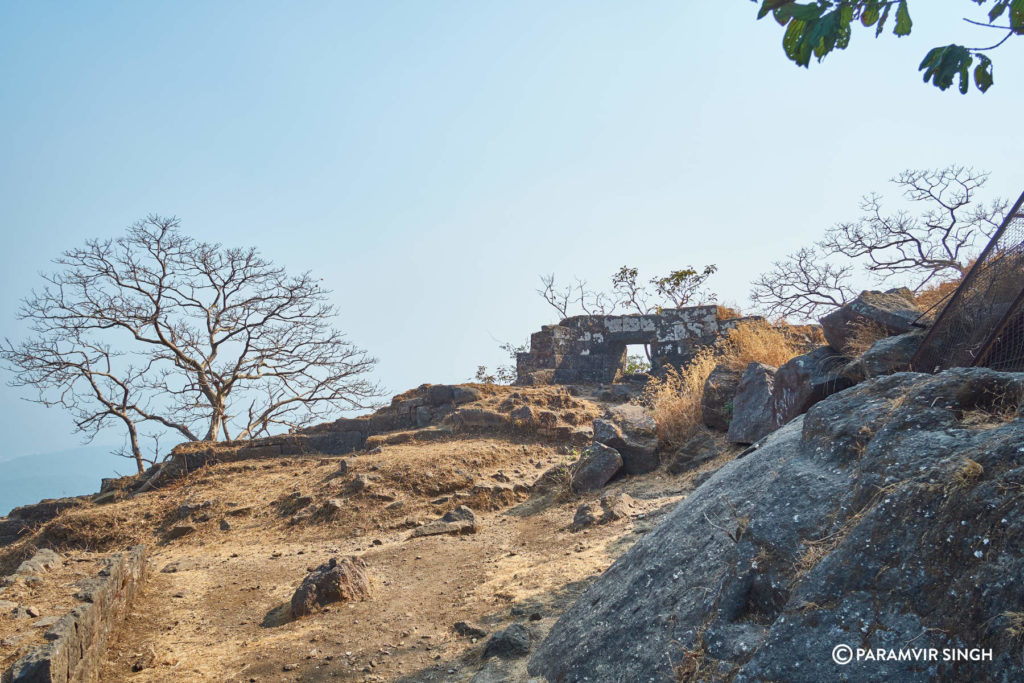
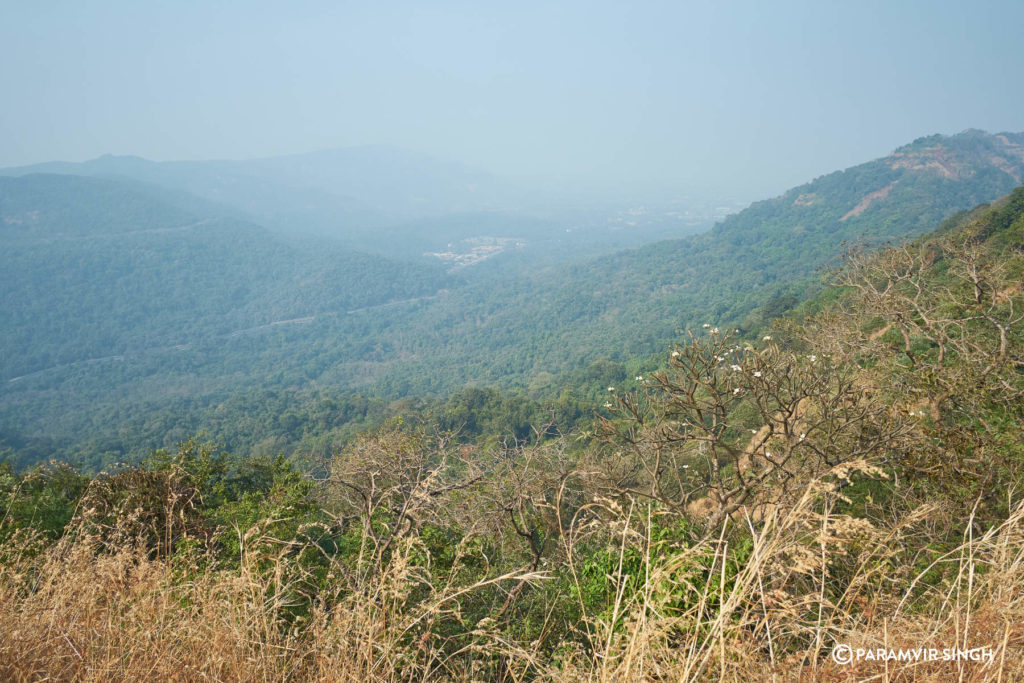
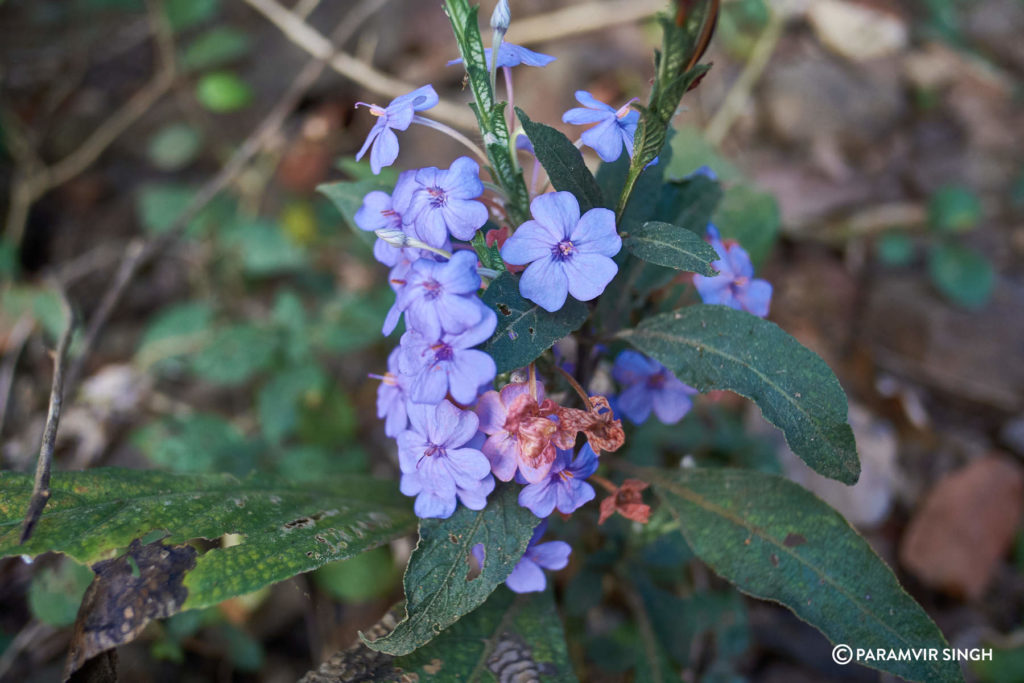
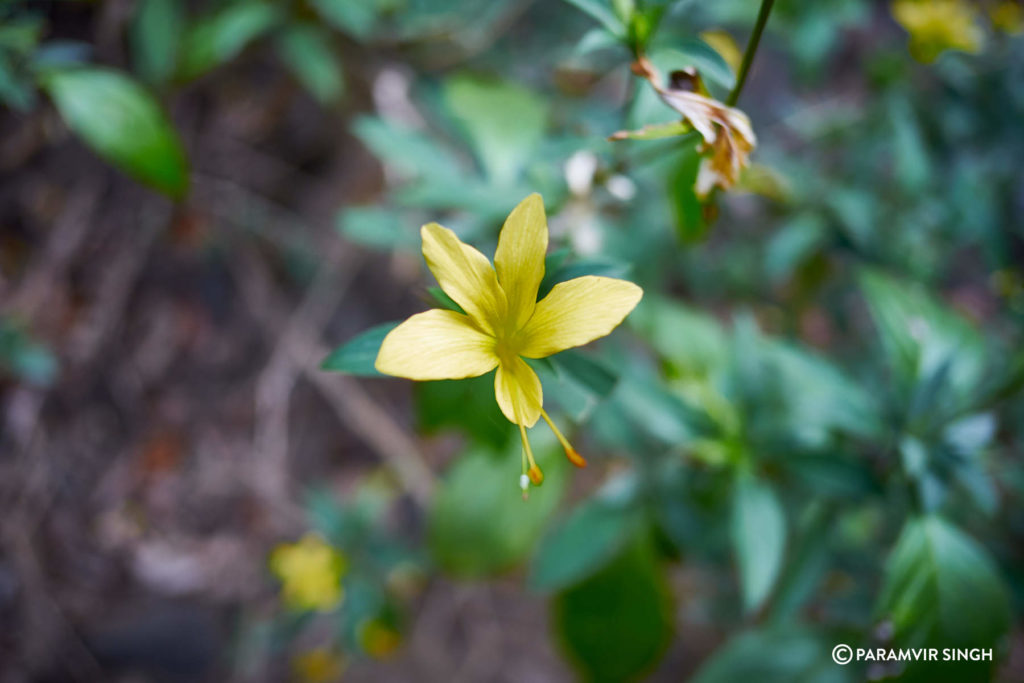
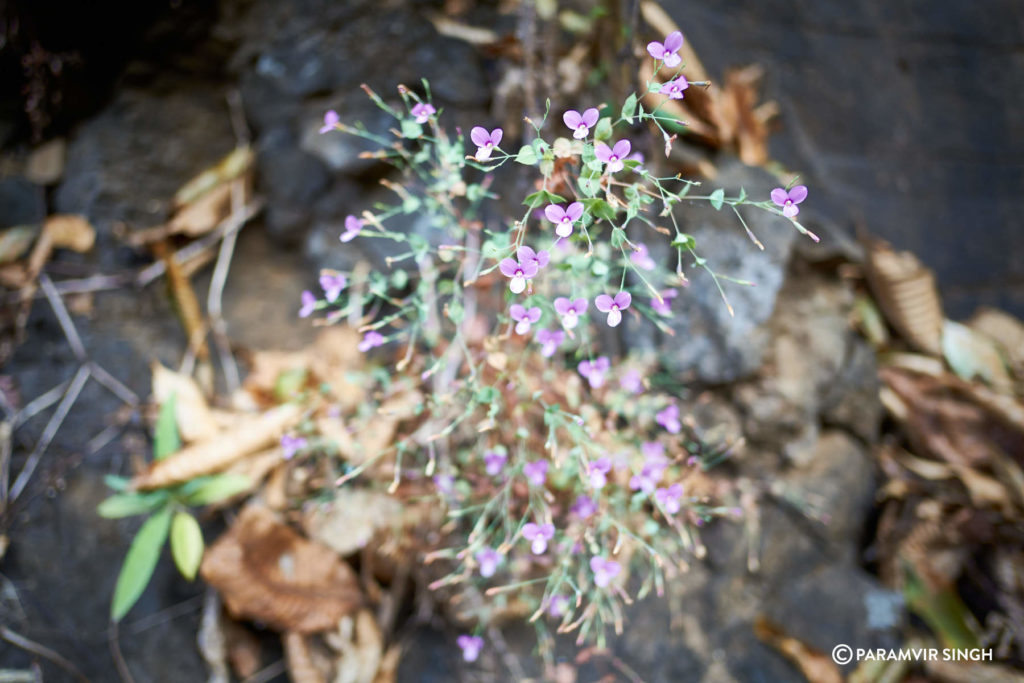
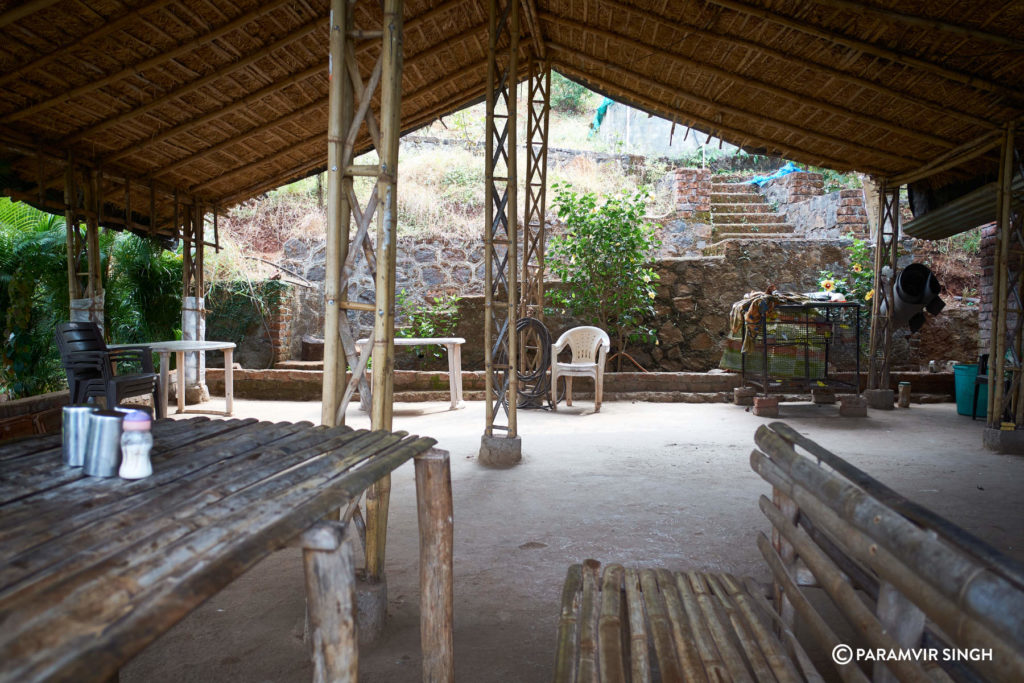

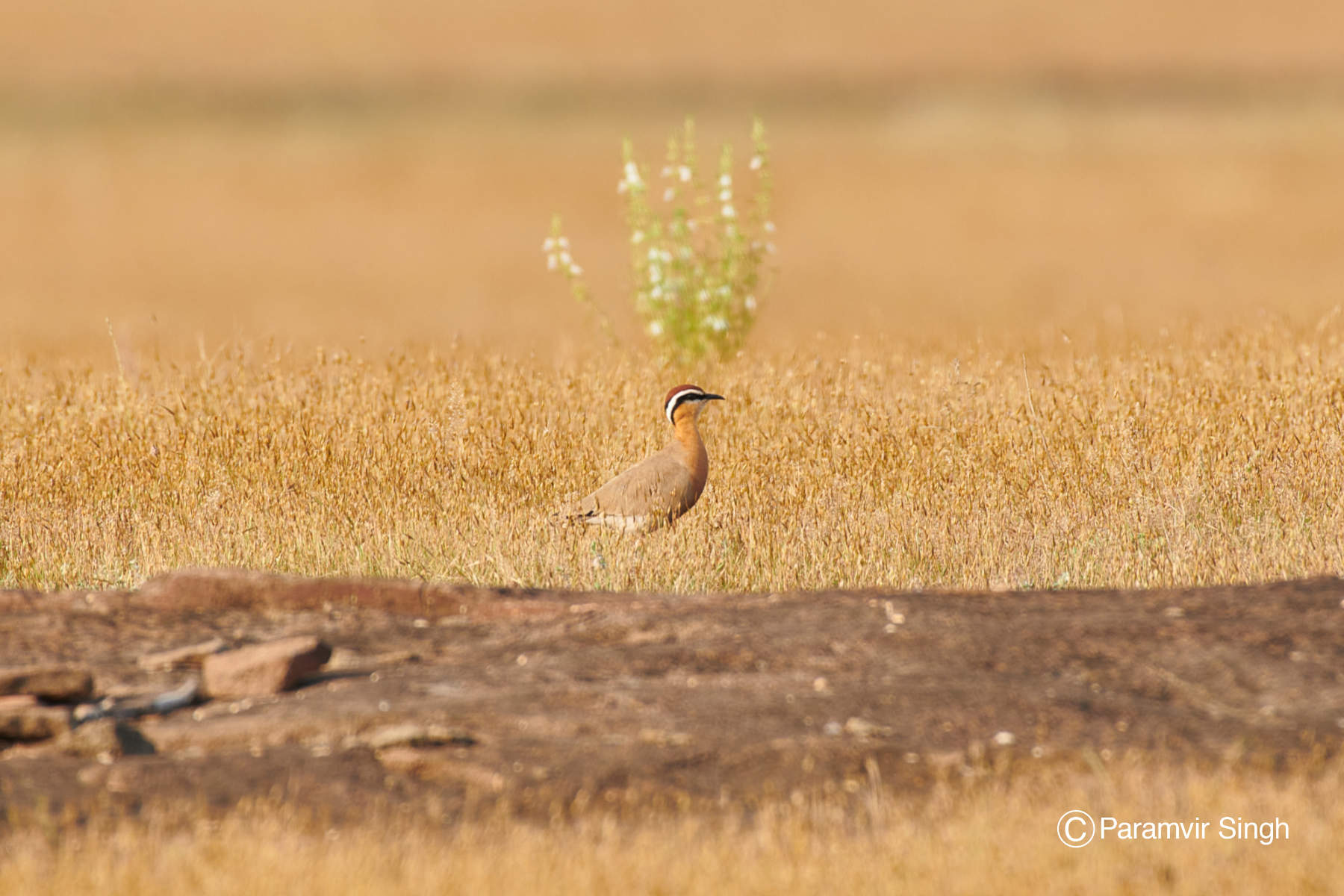

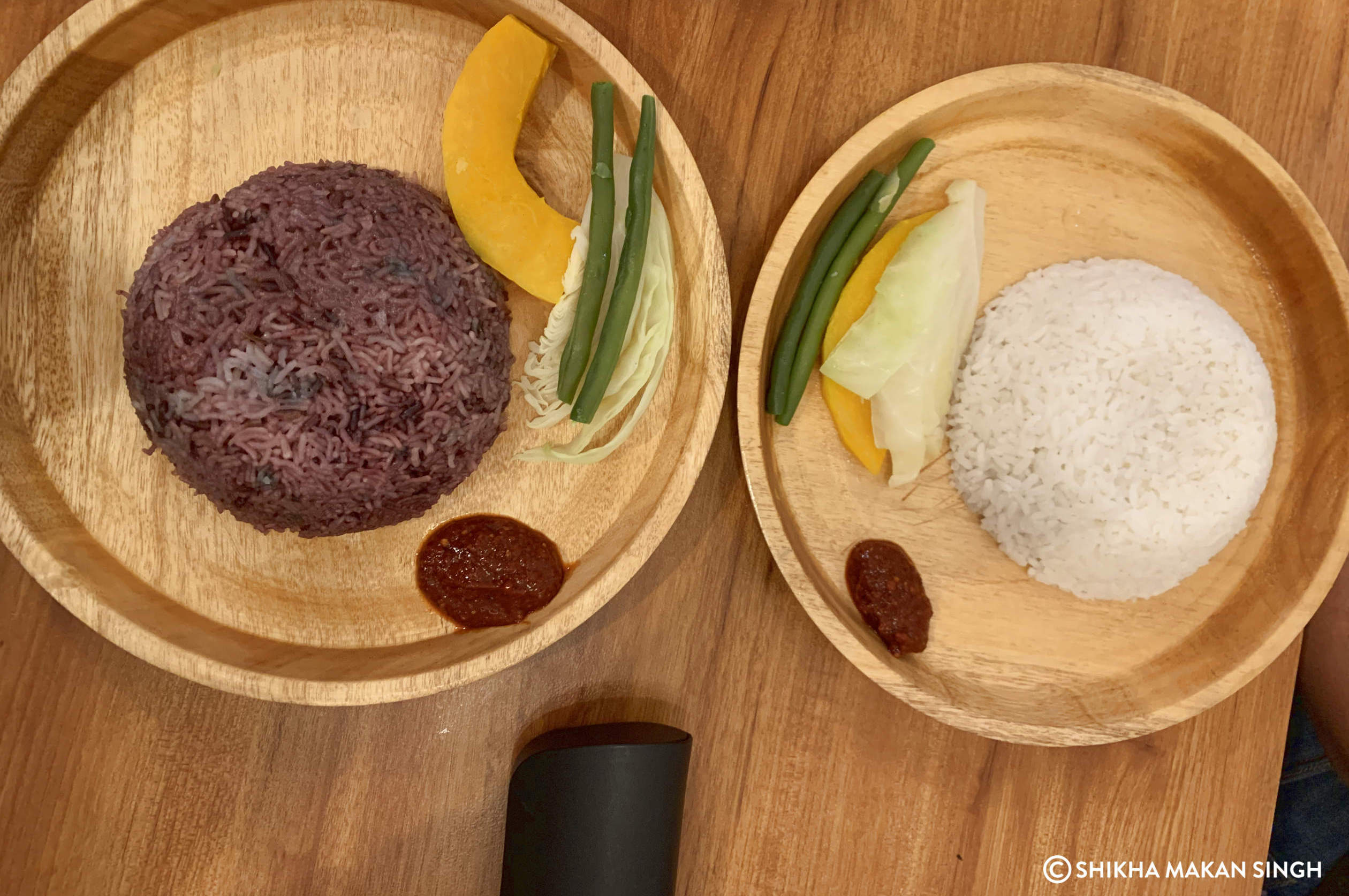
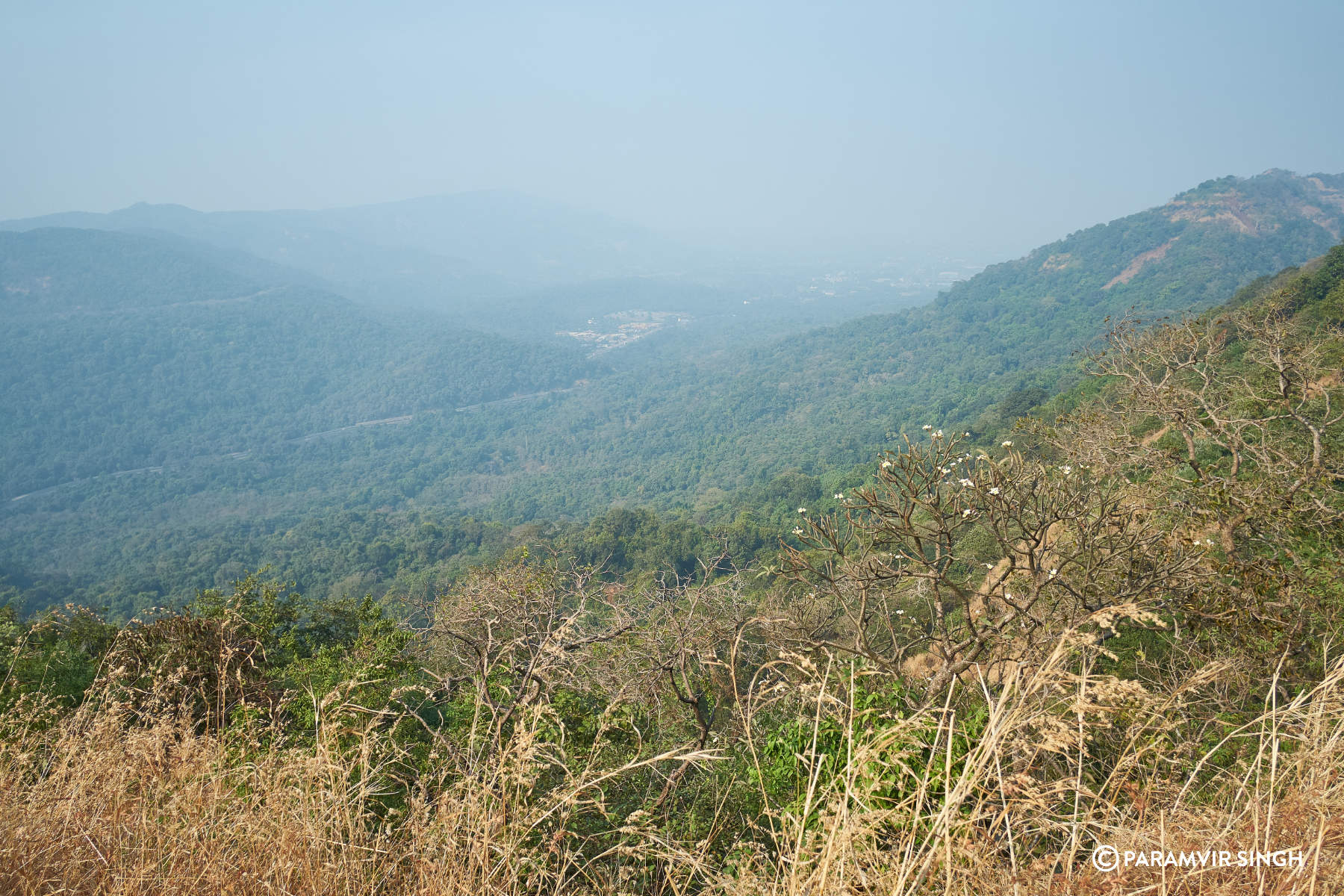
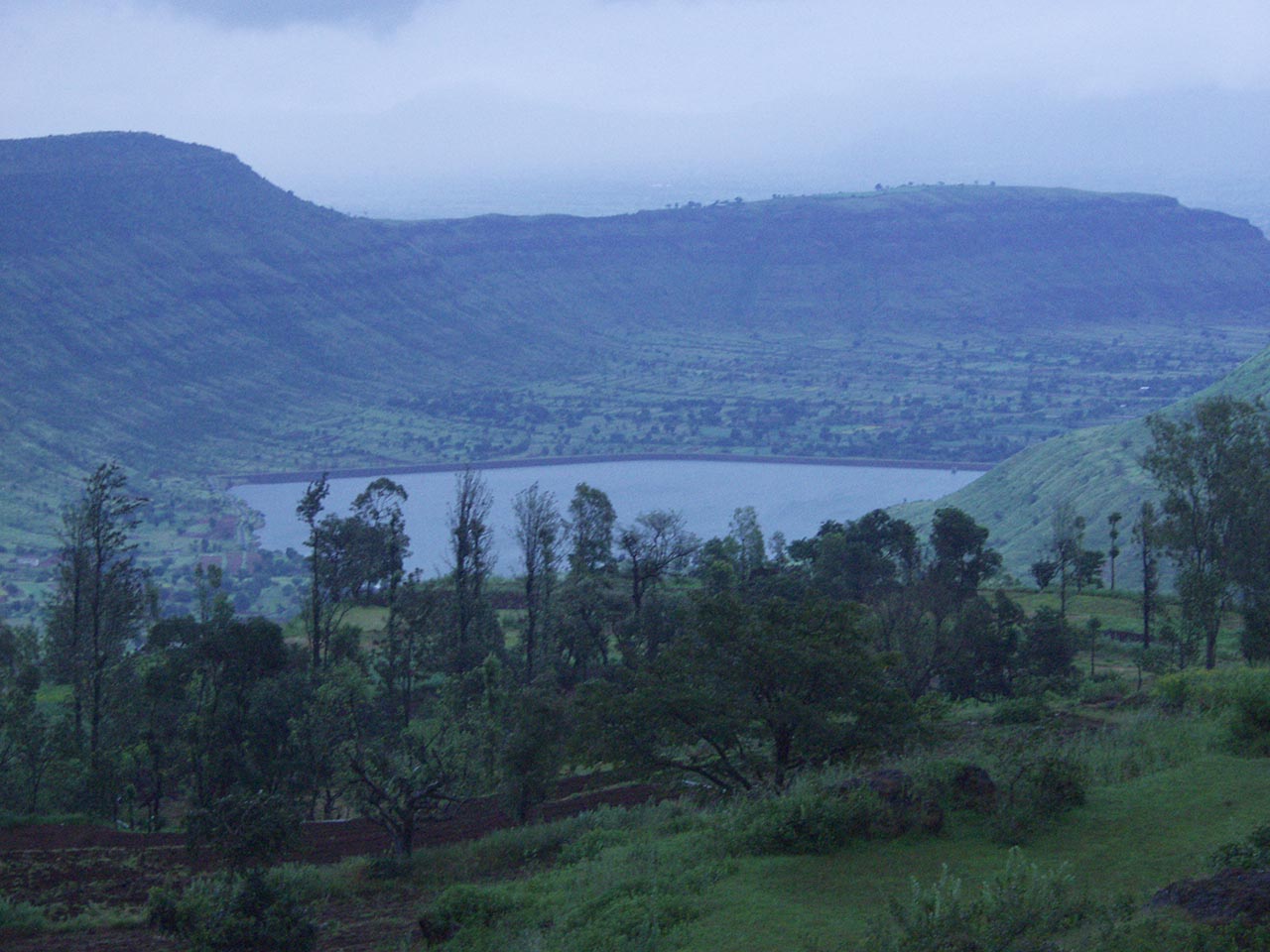
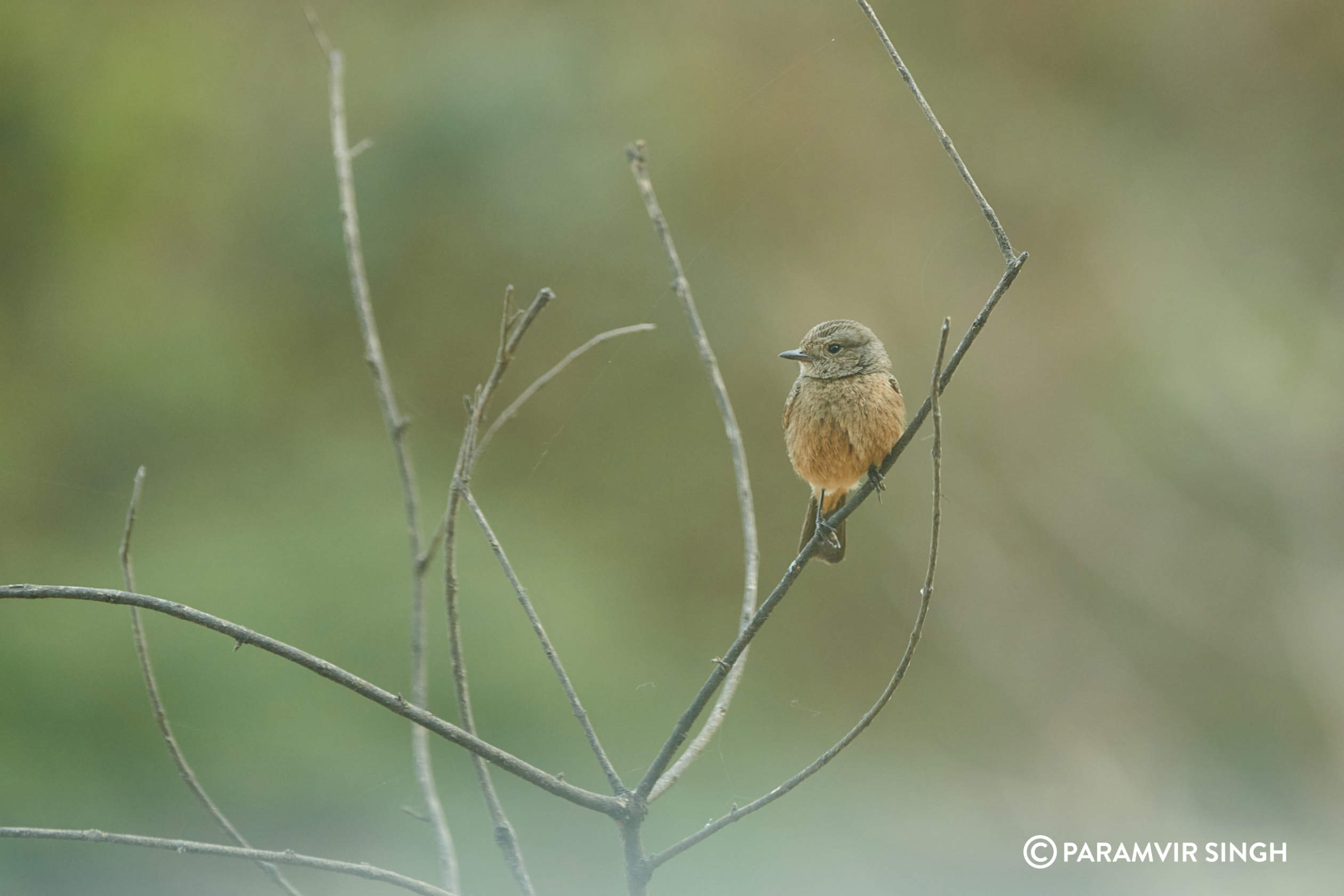
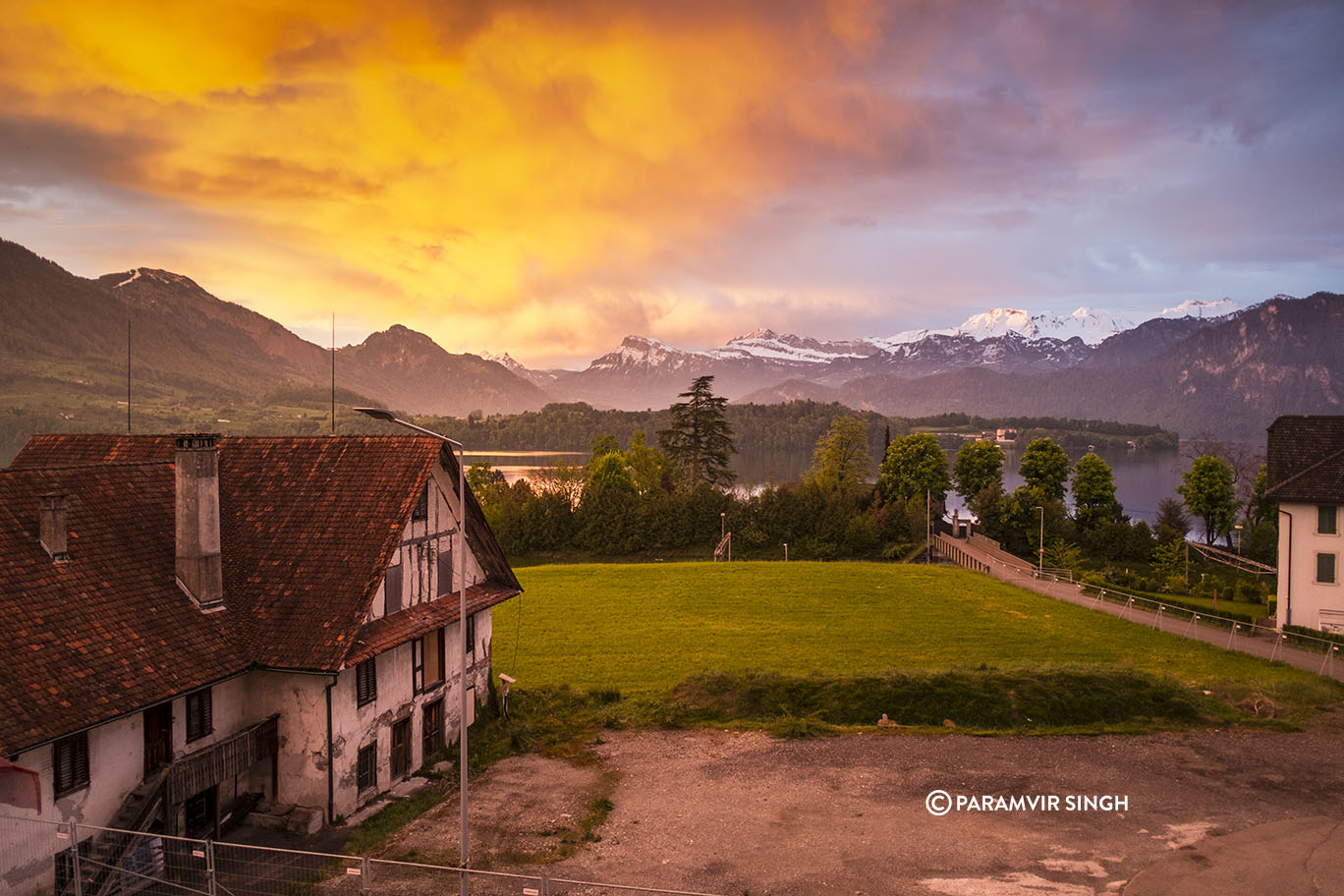
Beautiful, beautiful place! I love how lush things look like at the beginning of the trail. The fort’s location which affords a sweeping view of the green valley below only adds to its appeal. Thanks for sharing yet another interesting but lesser-known corner of India!
Super pics sir, just loved all of them , sir if you could provide some contact no of gopalji, to try and book in advance, will be of great help